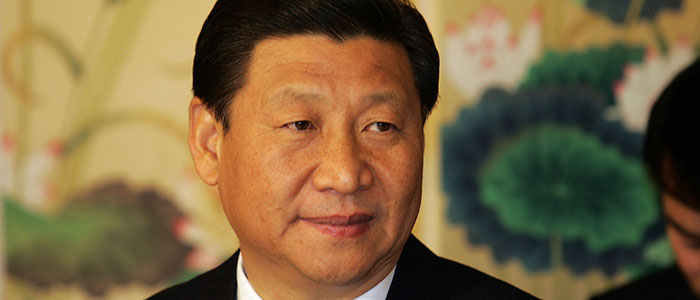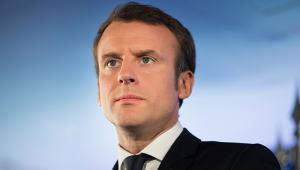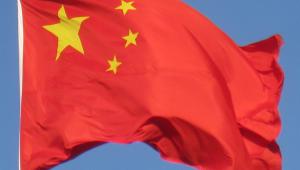Web_XiJingpin_iStock_000019009216_Medium.jpg

Chinese president Xi Jinping
The AIIB opens with $100bn in capital contributed by its 57 member nations and is expected to lend $10-$15bn annually over the first five or six years of operations, which will begin in the second quarter of 2016.
At the opulent ceremony on Saturday, Xi Jinping called the launch of the bank an “historic moment”.
“Asia’s financing needs for basic infrastructure are absolutely enormous,” he said, and the bank will look to invest in projects that are “high quality” and “low cost”.
The AIIB will also hold projects to high transparency requirements and environmental and social protections, while being less stringent than other development banks in its demands on borrowers.
At an event at the UK’s Overseas Development Institute in December, Qianghwu Zhou, of the Chinese Ministry of Finance, explained that the bank would be “clean, lean and green”, cutting down on costs and bureaucracy and working to overcome some of the common criticisms of other development banks.
While some see the bank’s launch as the creation of a rival to the well-established, western development banks, which will further advance China’s position and clout on the world stage, Zhou emphasised that the bank would be a partner to other banks and work to complement their activities.
The Asian Development Bank and the European Bank for Reconstruction and Development have both welcomed the launch of the AIIB and said they look forward to the opportunities for cooperation this brings.
Helen Clark, chair of the United Nations Development Programme, said the AIIB will play an important role in funding Asia’s infrastructure needs and thereby the achievement of national and international development goals.
The bank’s members span Asia, Europe, Latin America, the Pacific, Africa and the Middle East and include Australia, the UK, Germany, Italy and South Korea. The US, however, has opposed joining the bank and is dismayed by the support offered by traditional allies.
China is the largest contributor to the bank, with its initial subscription totalling $29.78bn of the $100bn in authorised capital. On Saturday the country invested a further $50m.













